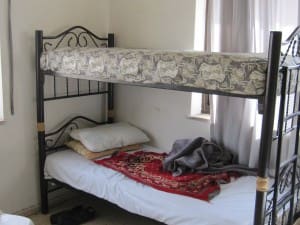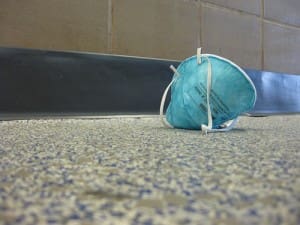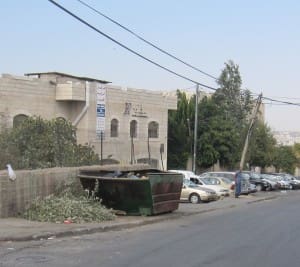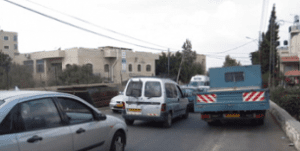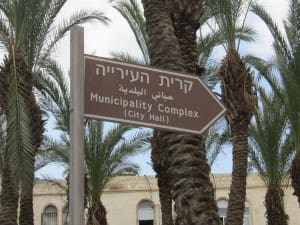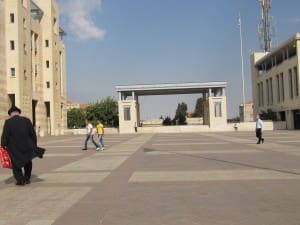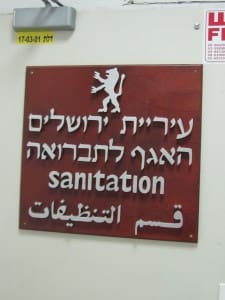“Extra large?” The shop owner holds up the soft, pink pajamas I’ve brought to the register. “For you?” (He is surprised because I am very small.)

“No, for my friend’s daughter.”
“Is she fat?” he asks. He uses the word descriptively not as an insult.
(I realize this conversation reminds me of buying meat. I point to the cut I want and ask for half kilo, but the butcher insists on knowing what I’m cooking before he agrees to sell it to me.)
“No, she’s not fat,” I indulge the man’s curiosity. “She’s tiny.” I hold up my pinky finger to indicate that the girl is a stick. It’s true. Her eyes have started to bulge over her sunken cheeks. I tremble slightly and the shop owner notices.
“Why, sister, are you buying an extra large pajama if the girl is small?”
“Her mother told me to buy extra large.”
“Is she tall?”
I hesitate. I image her lying in the pale green hospital gown with the hospital sheet over her bony knees. “I’m not sure,” I confess. “I’ve only seen her lying down.” (This is not exactly true. I met her at her aunt’s wedding some months ago. But there were hundreds of women there, and I don’t remember meeting her. Who knew that she would come to play such a prominent role in my life?)
There is a pause.
“The girl is sick?” he says, compassion flooding his face. I nod. “She’s only eighteen,” I say to fill up the silence pressing on my throat.
“You have done me a favor!” he bursts out, startling me. He puts the extra large pajamas in a bag and slides them across the glass counter. “I try to do good every day, but I don’t always find an opportunity.”
I begin to shake my head, embarrassed by what I think he is saying, but he continues: “Please take these to her. Please do it as a favor to me. Let me do this good thing today.”
“No, I can’t accept that. I came to buy the pajamas. I can pay for them.” I fumble with my purse.
“But you are already doing good for her. You are visiting her, right? And you’re going to take her the pajamas?” He’s practically begging.
“Yes, but…”
“So let me do something good, too. Let these pajamas be from me.”
Our eyes meet and I know how he feels: powerless to make a difference, desperate to contribute something meaningful to this suffering world. I nod and clutch the pajamas to my chest so my emotions won’t spill out onto his tile floor.
Two days later, I’m sitting on the edge of the hospital bed and I ask about the pajamas. The girl’s mom smiles awkwardly. “She’s lost a lot of weight,” she says, having discovered for herself what the rest of us already knew.
“I’ll exchange them,” I say, reaching for the bag that she’s put in a box under the hospital bed.
“It’s too much trouble for you.”
“Please…” I say, “let me do something good. Please?”
And she let me.
